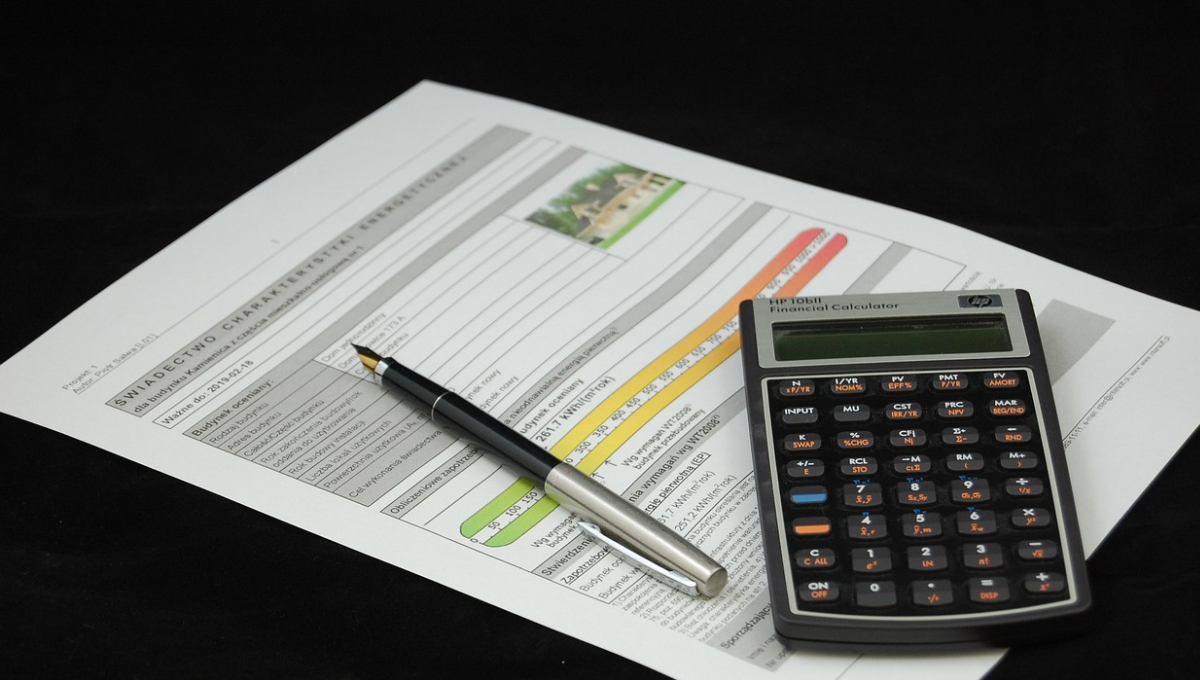Imagine this: You’ve paid your insurance premiums on time for years, trusting that your provider will support you when disaster strikes. But when you finally file a claim—whether for medical bills, car repairs, or property damage—you receive a denial letter. The reason? Vague, confusing, or outright unfair.
Insurance claim denials happen more often than you think. According to the American Medical Association (AMA), nearly 20% of medical claims are initially denied. For auto and home insurance, denials can stem from fine-print exclusions or bad-faith tactics.
But here’s the good news: You can fight back. This guide will walk you through the steps to challenge an unfair insurance claim denial, ensuring you get the coverage you’re entitled to.
Why Do Insurance Companies Deny Claims?
Before fighting a denial, it’s crucial to understand why insurers reject claims in the first place. Some reasons are legitimate, while others are questionable.
Common Reasons for Claim Denials
- Policy Exclusions – Your claim isn’t covered under your policy.
- Late Filing – You missed the deadline to submit the claim.
- Incomplete Documentation – Missing medical records, police reports, or repair estimates.
- Pre-Existing Conditions – Health insurers may deny claims related to undisclosed conditions.
- Alleged Fraud – The insurer suspects exaggerated or false claims.
- Bad Faith Denial – The company unfairly rejects a valid claim to avoid payment.
Top Reasons for Insurance Claim Denials
| Type of Insurance | Most Common Denial Reasons |
|---|---|
| Health Insurance | Pre-existing conditions, lack of prior authorization, coding errors |
| Auto Insurance | Disputed fault, expired policy, insufficient evidence |
| Homeowners Insurance | Wear & tear exclusions, undocumented damages |
| Disability Insurance | Insufficient medical proof, policy lapses |
Step 1: Review the Denial Letter Carefully
The first step in fighting a denial is understanding the insurer’s reasoning.
What to Look for in a Denial Letter
- Specific denial reason (Is it clearly stated or vague?)
- Policy clause referenced (Does it actually apply?)
- Deadline to appeal (Missing this can forfeit your rights)
Pro Tip: If the denial is unclear, call the insurer and ask for a detailed explanation.
Step 2: Gather Strong Evidence to Support Your Claim
Insurance companies often deny claims due to “lack of evidence.” Strengthen your case with:
Key Documents You May Need
- Medical records (for health/disability claims)
- Police reports (for auto/home claims)
- Repair estimates & invoices
- Photos/videos of damages
- Witness statements
Example: If your home insurance denies a water damage claim, provide:
✔ Before-and-after photos
✔ Plumber’s inspection report
✔ Receipts for emergency repairs
Step 3: File a Formal Appeal
Most insurers have an internal appeals process. Follow these steps:
How to Write a Strong Insurance Appeal Letter
- Be clear & concise – State why the denial is wrong.
- Attach supporting documents – Prove your claim is valid.
- Quote policy language – Show where the insurer misinterpreted terms.
- Request a written response – Set a deadline (e.g., 30 days).
Sample Appeal Letter Outline:
“Dear [Insurance Company],
I am appealing the denial of my claim [Claim #]. The reason cited was [X], but this is incorrect because [Y]. Enclosed are additional documents supporting my case. Please review and respond by [date]. Sincerely, [Your Name].”
Step 4: Escalate to a State Insurance Regulator
If the appeal fails, file a complaint with your state’s insurance department. They can investigate bad faith practices.
How State Insurance Departments Help
✔ Investigate unfair denials
✔ Mediate disputes
✔ Penalize insurers for violations
Find your state’s insurance commissioner: www.naic.org
Step 5: Consider Legal Action
If all else fails, hire an attorney specializing in insurance disputes.
When to Sue Your Insurance Company
- Bad faith denial (Proven intentional wrongdoing)
- Breach of contract (Violating policy terms)
- Significant financial loss (High medical bills, major repairs)
Did You Know? Some states allow triple damages for bad faith denials.
Final Tips to Prevent Future Claim Denials
- Read your policy thoroughly – Know coverage limits & exclusions.
- Document everything – Keep records of all communications.
- File claims promptly – Avoid missing deadlines.
- Work with professionals – Doctors, contractors, or lawyers can strengthen your case.
Conclusion: Don’t Let Insurers Bully You—Stand Your Ground
Insurance companies profit by minimizing payouts, but that doesn’t mean you should accept unfair denials. Many overturned claims succeed simply because the policyholder persisted.
If you’ve been wrongfully denied, follow these steps, gather evidence, and demand the coverage you paid for. And remember: You’re not alone—regulators, lawyers, and consumer advocates can help you fight back.







